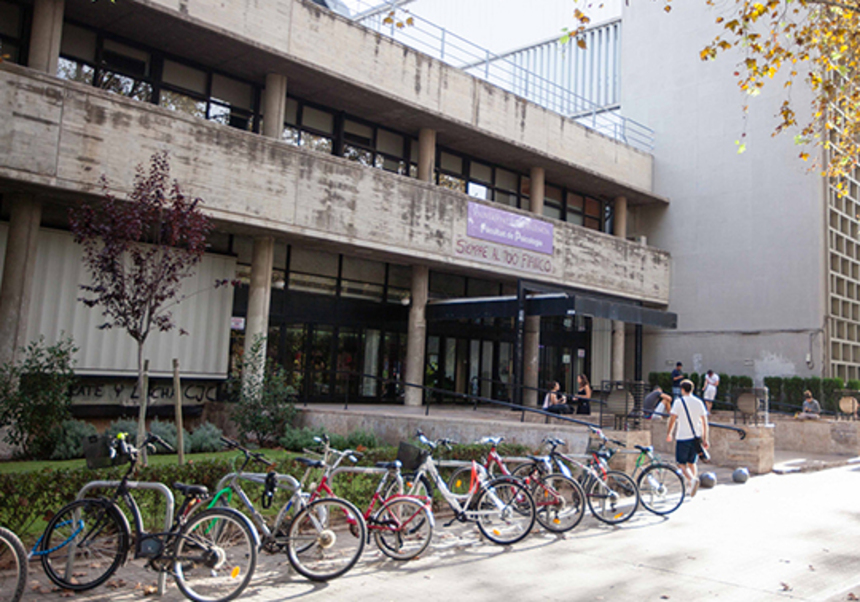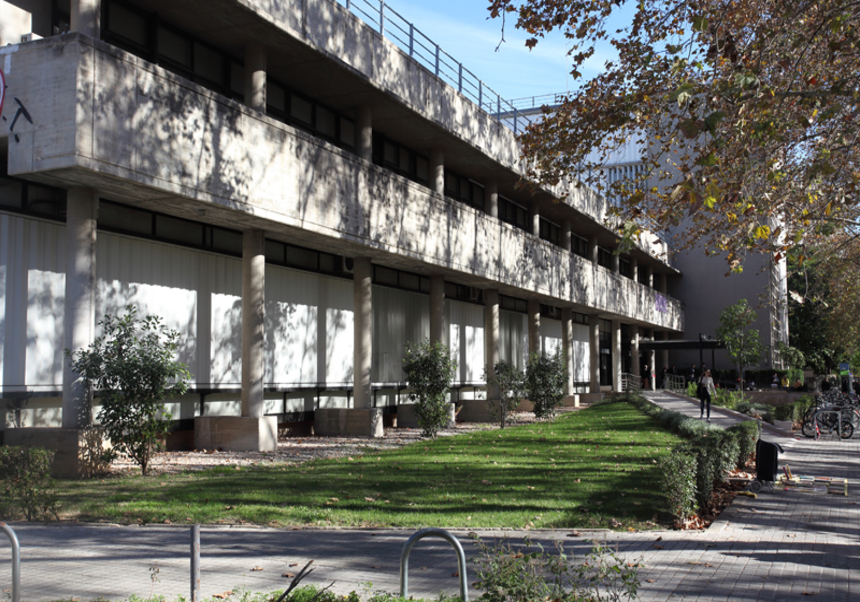
Lines of research
- Promoting sexual health in individuals with intellectual functional diversity: This line of research is centred on the analysis of the sexual knowledge, attitudes, and behaviour, with a special focus on sexual abuse prevention, of adults with intellectual functional diversity (IFD) with continuous or intermittent support needs. This information serves as a base for the development of affective-sexual education programmes, some of which have already demonstrated their effectiveness (SALUDIVERSEX for adults with IFD with intermittent support needs), while others are currently in the adaptation or trial process (SALUDIVERSEX-M for adults with IFD who lack literacy or SALUDIVERSEX-T for adolescents on the autism spectrum). For more information, visit our webpage: Saludiversex | Salusex.
- Promoting sexual health in the adolescent and youth populations at risk of social exclusion. This line of research focuses on the sexual health of children, adolescents and young adults under the guardianship of the Protection System due to negligence, mistreatment or abuse, as well as individuals in the system of Judicial Measures under court order for their offences. In order to characterise the sexual health of these individuals, it is necessary to obtain valid and reliable information from a variety of different sources: the individuals themselves, professionals who work directly with them in residence centres or in a judicial capacity, the foster families, and when possible, the biological and extended family. It is particularly important for us to identify mental and sexual health risk indicators that can arise from sexual victimisation, either experienced personally (occasional or repeated sexual abuse) or observed in a family member or close relative. Both quantitative and qualitative research techniques have been used in this study. The ultimate goal is to develop programmes that promote sexual health that meet the unique needs of this group and work in harmony with their therapeutic programmes to ensure a proper social reintegration, thus preventing these behaviours from turning into sexual offences and reducing the rate of reoccurrence. For more information, visit our webpage: Sexjuve | Salusex.
- Preventing HIV infection in the general population and in specific groups. The HIV/AIDS epidemic has been, and continues to be, a challenge for professionals given the biological, psychological and social repercussions. For this reason, since the 90s, our team has developed distinct lines of research. On the one hand, from the perspective of prevention, our team has studied the level of available information on HIV/AIDS, the public’s attitudes towards HIV/AIDS and the key risk behaviours in the general public. We have analysed the dispositional variables that increase risk in different groups (young adults, women, sex workers, etc.), as well as the evolution of sexual risk behaviour itself over the last few decades and the performance of antibody detection tests. In this same field, we have also assessed the differential efficiency of certain prevention components, such as the role of the personal characteristics of the programme’s participants. We have developed several different programmes designed to assist in HIV prevention, and have then evaluated the efficiency of these programmes themselves. On the other hand, in the area of psycho-social care, we have analysed the factors that could modulate the quality of life of individuals living with HIV, in addition to evaluating the efficiency of a multi-component programme designed to improve their well-being that includes aspects such as adherence to treatment and social support. In this context, we have also assessed the social construct of solidarity and the stigma associated with the disease.
- Promoting sexual health in the LGBTIQA+ community. The prejudices that leads to the social rejection of individuals whose sexual orientation is not heteronormative are so widespread in our society that the homophobia, biphobia, transphobia, etc. that members of the LGTBIQA+ community experience in the external world has become internalised and is now a common feature in their psycho-social development. In this line of research, our work has focused on evaluating the prevalence and characteristics of internalised homophobia in order to ultimately analyse the consequences that having a different sexual orientation can have on an individual’s sexual health. At the same time, and from a positive point of view, we have studied the richness of the affective-sexual diversity found in our society throughout the life cycle and the sexuality of people with different gender orientations and identities.
- Prevention and treatment of sexual compulsivity (sex and cybersex addiction). With the boom of relationship, information and communication technologies during the last decades we have observed an exponential increase in the percentage of young people and adults who use these technologies to access sexual content or to meet other individuals in order to engage in sexual contact both online and in offline settings. Initially, our research was focused on estimating the magnitude of this phenomenon in the youth population and analysing the pattern of recreational consumption and its development into addiction. Currently, our interests have shifted toward exploring this phenomenon throughout all stages of the life cycle (from childhood and adolescence to late adulthood), creating a risk profile that allows more vulnerable individuals to be identified, and proposing intervention strategies that allow for effective control. We have also developed the only platform in the Spanish-speaking world for the assessment and online treatment of cybersex addiction. In this line of research, we have created the first treatment program for this pathology and we are currently evaluating its efficacy. Visit the webpage via the following link: Sex Addiction | Cybersex | Sexuality (uji.es).


.jpeg)












